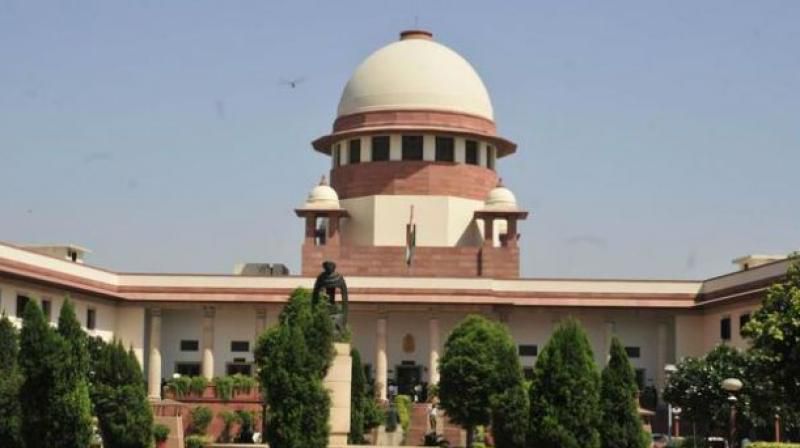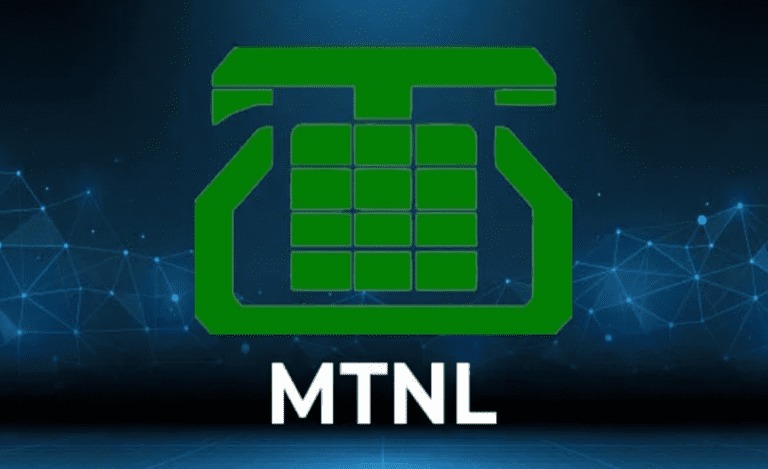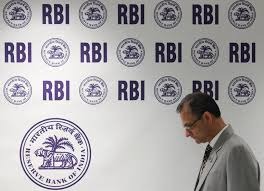 Image Source: Deccan Chronicle
Image Source: Deccan Chronicle
The Supreme Court of India’s recent directive to the Election Commission (EC) regarding the publication of details relating to deleted voter names is being widely welcomed as a strong move towards fairness, accountability, and inclusiveness in the electoral process. The order, impacting the special intensive revision (SIR) of voter rolls in poll-bound Bihar, is seen as an important precedent for enhancing democracy’s integrity in India.
Key Highlights of The Supreme Court Directive
The directive demands the EC publish comprehensive details including the names and explanations for removal of about 65 lakh voters from lists, responding to mounting concerns over mass disenfranchisement.
The EC’s previous argument that rules did not mandate providing reasons for deletion was firmly rejected by the court, which prioritized citizens’ rights to transparent and just procedures.
The August 1 draft voters list saw approximately 22 lakh names removed for death, 36 lakh for permanent shift/absence, and almost 7 lakh for double enrollment—representing an astonishing 8% of the total voters prior to SIR.
The Supreme Court’s close scrutiny revealed significant errors, including cases where living individuals were marked as dead—forcing them to return to electoral offices simply to reestablish their identities.
Restoring Trust in the Voting System
The ruling underscores that the burden of proof for deletions must rest with the poll panel, not the citizen. It establishes that the right to vote is sacred in a democracy and cannot be denied or revoked arbitrarily.
The directive compels the EC to view SIR not as an exclusionary exercise but as one dedicated to inclusiveness and accuracy.
Shifting blame to booth-level officers and political parties, as shown in the EC’s recent release, is acknowledged as a diversion from systemic issues and deficiencies in the commission’s current process.
Implications for Bihar and Beyond
Poll-bound Bihar serves as a test case for the new directive, with citizens now empowered to understand why they were removed and to challenge wrongful deletions swiftly.
Civil society groups and election watchdogs applaud the Supreme Court for defending democratic rights and setting a benchmark for electoral reforms nationally.
The EC is expected to revisit its protocols, improve data handling, and conduct more thorough verification to avoid repeats of such mistakes.
Addressing Past Injustices
The directive emerged out of a series of cases in which individuals declared deceased by the EC appeared in court, highlighting the gravity of current electoral oversight.
It pressures electoral offices to proactively protect citizens’ rights rather than compel them towards bureaucratic hassles.
What’s Next for the Election Commission?
The Supreme Court’s insistence on reasoned transparency is a call for modernization, digital record keeping, and responsive grievance redressal.
Stakeholders expect EC to take concrete actions towards a cleaner, more reliable process, thereby restoring voter confidence ahead of upcoming elections.
Conclusion
The Supreme Court directive on the publication and explanation of deleted names from electoral rolls is a milestone for voter rights and institutional accountability. By championing inclusivity and fairness, the apex court has signaled a new era for India’s democratic processes, prompting authorities to refine systems and uphold the sanctity of every citizen’s right to vote.
Sources: Deccan Chronicle, Supreme Court Orders
Advertisement
Advertisement






